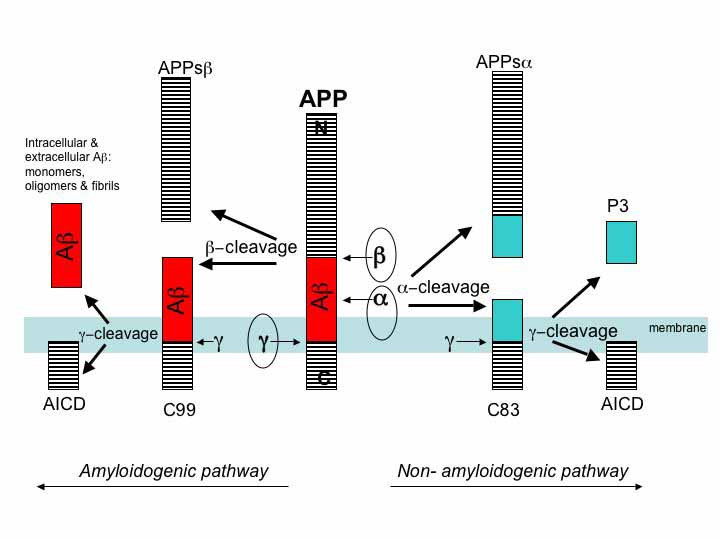Emerging Biomarker ADAM10: Implications for Early Alzheimer's Detection

Researchers at the Federal University of São Carlos (UFSCar) in São Paulo, Brazil, are pioneering a groundbreaking approach to the early detection of Alzheimer’s disease through blood tests that measure levels of the ADAM10 protein. This innovative project, which involves analyzing the genotypes of 500 volunteers, aims to differentiate Alzheimer’s from other forms of dementia, potentially transforming diagnostic practices in neurology.
Alzheimer's disease, recognized as the leading cause of dementia globally, currently afflicts more than 35.6 million individuals, with diagnosis remaining a significant challenge. Early identification is critical; it is believed that intervening at the mild neurocognitive impairment stage can delay the onset of more debilitating symptoms. The research team at UFSCar has recently published findings in the peer-reviewed journal *Neurobiology of Aging*, highlighting a rare genetic variation that correlates with elevated ADAM10 protein levels in the blood of individuals exhibiting cognitive impairments.
The ADAM10 protein plays a crucial role in regulating beta-amyloid precursor protein, preventing the formation of plaques in the brain, a hallmark of Alzheimer’s pathology. According to Dr. Márcia Regina Cominetti, a lead researcher from the Biology of Aging Laboratory (LABEN-UFSCar), the recent advancements in ultrasensitive detection technologies have enabled scientists to identify these proteins at remarkably low concentrations, thus improving diagnostic accuracy. "ADAM10 has emerged as a prominent candidate biomarker for Alzheimer’s disease, particularly due to its function in mitigating beta-amyloid plaque formation," Cominetti stated.
Notably, the study identified that alterations in the E4 allele of the APOE gene could lead to increased levels of inactive ADAM10, thereby diminishing its efficacy in plaque prevention. The researchers are optimistic that measuring ADAM10 levels in blood could serve as a prognostic marker, providing an early indication of Alzheimer’s risk before the emergence of pathological signs.
The implications of this research extend beyond mere diagnosis. UFSCar's multidisciplinary approach involves collaboration with the Chemistry and Gerontology departments to develop a sensor capable of using ADAM10 levels to distinguish healthy older adults from those diagnosed with Alzheimer’s. This tool, currently undergoing validation with the initial cohort of 500 volunteers, promises to enhance screening processes for dementia significantly.
"Our long-term goal is to establish a reliable diagnostic method that could one day aid in treatment interventions, should effective therapies become available," Cominetti added. The project also aims to create a genetically diverse database that reflects Brazil's unique population characteristics, thereby addressing the variations in Alzheimer’s risk factors across different socioeconomic contexts.
The findings from UFSCar contribute significantly to the broader field of Alzheimer’s research, which has seen a surge in interest regarding blood-based biomarkers. Previous studies, such as one published in the *Journal of Alzheimer’s Disease* (2023), have also suggested that blood biomarkers may predict Alzheimer’s risk years before clinical symptoms appear, further emphasizing the urgency for innovative diagnostic tools.
In conclusion, the work being conducted at UFSCar represents a significant stride toward early Alzheimer’s detection and the development of targeted interventions. As the study progresses, it could herald a new era in dementia care that not only focuses on immediate symptomatic treatment but also emphasizes early identification and long-term management strategies. Future research will need to validate these findings across diverse populations to ensure the broad applicability of ADAM10 as a reliable biomarker for Alzheimer’s disease.
Advertisement
Tags
Advertisement





